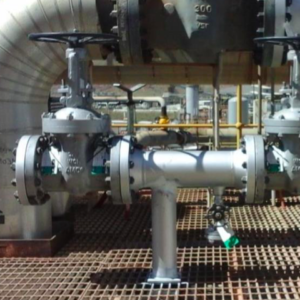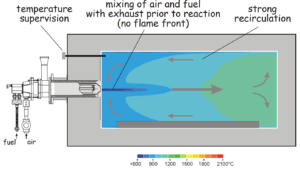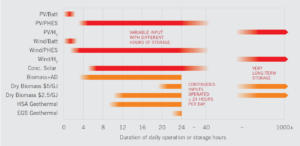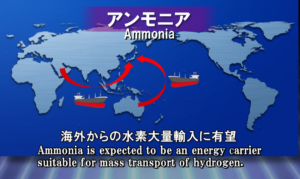Ammonia exports key to renewable energy movement in Australian elections
NEWS BRIEF: Ammonia energy has entered the federal election campaign discourse in Australia. This is thanks to a grassroots movement that calls itself Fair Dinkum Power, which "aims to make climate change a battleground issue in the election campaign," and whose manifesto calls for using ammonia as a hydrogen carrier to export clean energy.








